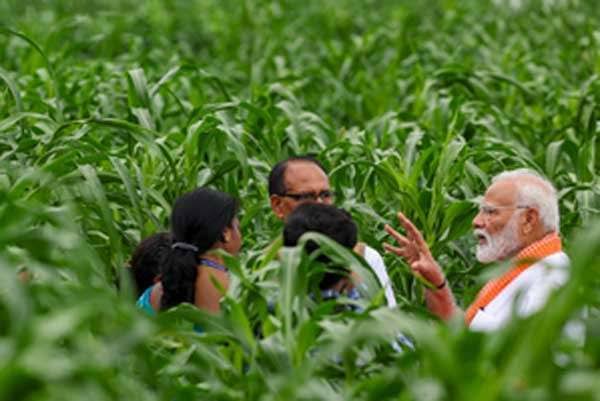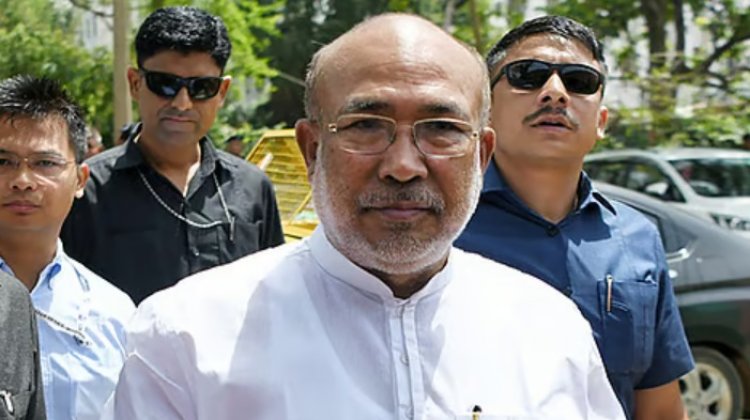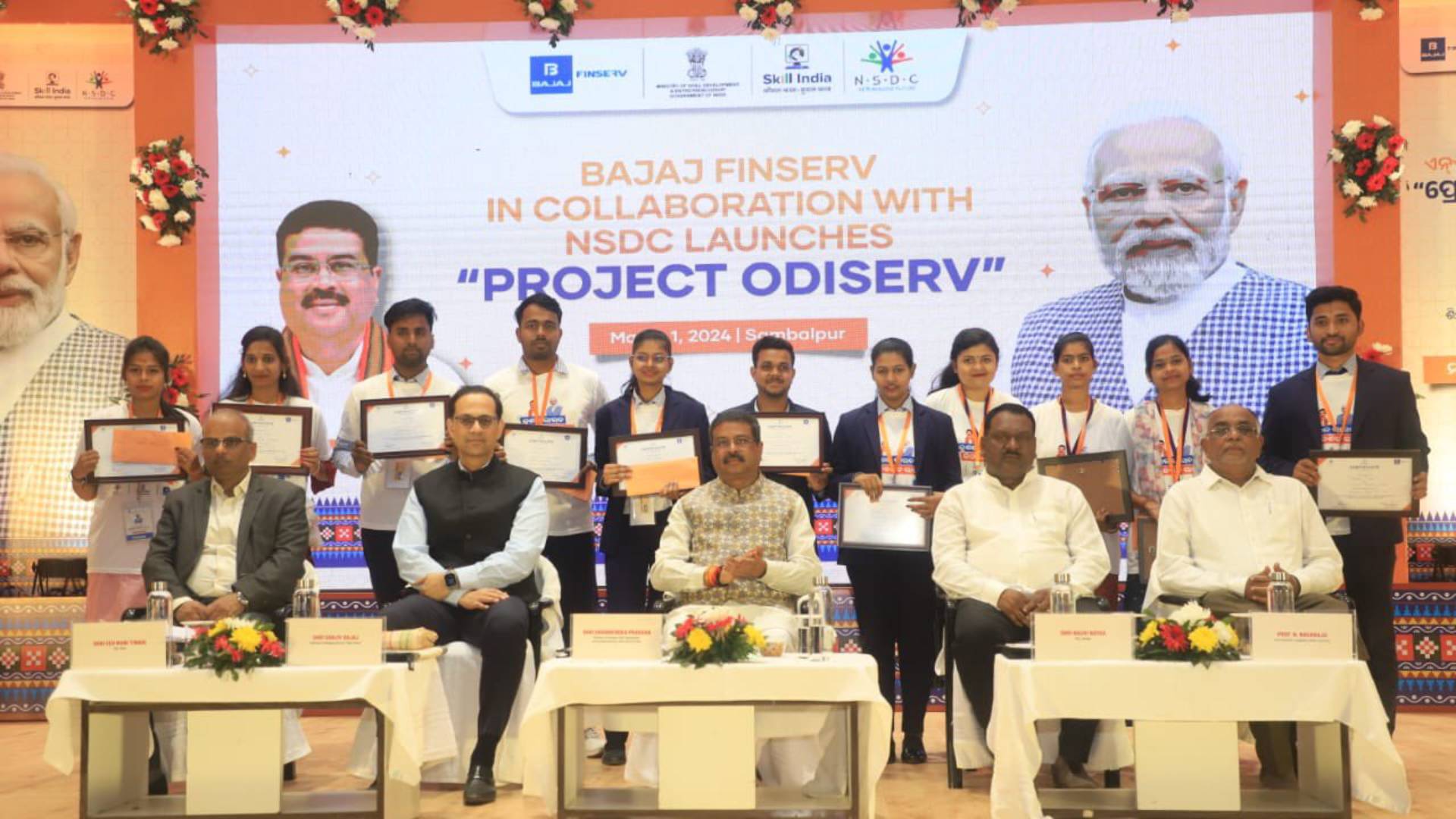New Delhi: India has strongly protested against China’s establishment of two new counties in the Hotan Prefecture, which includes territory claimed by India as part of Ladakh. The Ministry of External Affairs (MEA) has also voiced concerns about China’s plans to construct a mega dam on the Yarlung Tsangpo River (Brahmaputra) in Tibet, warning of its potential impact on downstream states.
 Addressing the media during a briefing on January 3, 2025, MEA spokesperson Randhir Jaiswal reiterated India’s rejection of China’s actions. “We have never accepted the illegal Chinese occupation of Indian territory in this area. The creation of new counties will neither affect India’s long-standing position on sovereignty nor lend legitimacy to China’s forcible occupation,” Jaiswal stated.
Addressing the media during a briefing on January 3, 2025, MEA spokesperson Randhir Jaiswal reiterated India’s rejection of China’s actions. “We have never accepted the illegal Chinese occupation of Indian territory in this area. The creation of new counties will neither affect India’s long-standing position on sovereignty nor lend legitimacy to China’s forcible occupation,” Jaiswal stated.
The protest follows reports from Chinese state media on December 27, 2024, about the formation of He’an County and Hekang County in Hotan Prefecture, Xinjiang. These areas include parts of Aksai Chin, a region India claims but which is currently under Chinese control. The announcement has been viewed as an attempt by Beijing to strengthen its administrative hold over the disputed region.
Backdrop of Border Tensions
The timing of this development is significant, coming shortly after a December 18, 2024, meeting between India’s National Security Adviser Ajit Doval and Chinese Foreign Minister Wang Yi. The meeting aimed to address ongoing tensions in eastern Ladakh following the 2020 Galwan clashes. India’s protest underscores its continued focus on sovereignty and border resolution.
Concerns Over World’s Largest Dam Project
India has also expressed serious reservations about China’s plans to build a $137 billion mega dam on the Yarlung Tsangpo River in Tibet, near the Indian border. Once completed, the dam would surpass the Three Gorges Dam as the world’s largest hydroelectric project.
“As a lower riparian state with established user rights, India has consistently conveyed its concerns over mega projects on rivers in Chinese territory,” Jaiswal said. He emphasized the need for transparency and consultation between nations sharing river systems, criticizing China for not officially communicating the project to India. The MEA only learned of the project through a Xinhua news report on December 25, 2024.
India has urged China to ensure that the dam does not harm the interests of downstream states, including Arunachal Pradesh and Assam. The MEA has reiterated its demand for transparency in upstream activities, with Jaiswal stating, “We will continue to monitor and take necessary measures to protect our interests.”
The protests over territorial claims and water resource management reflect the growing complexities in India-China relations, highlighting the need for constructive dialogue to address these pressing issues.




